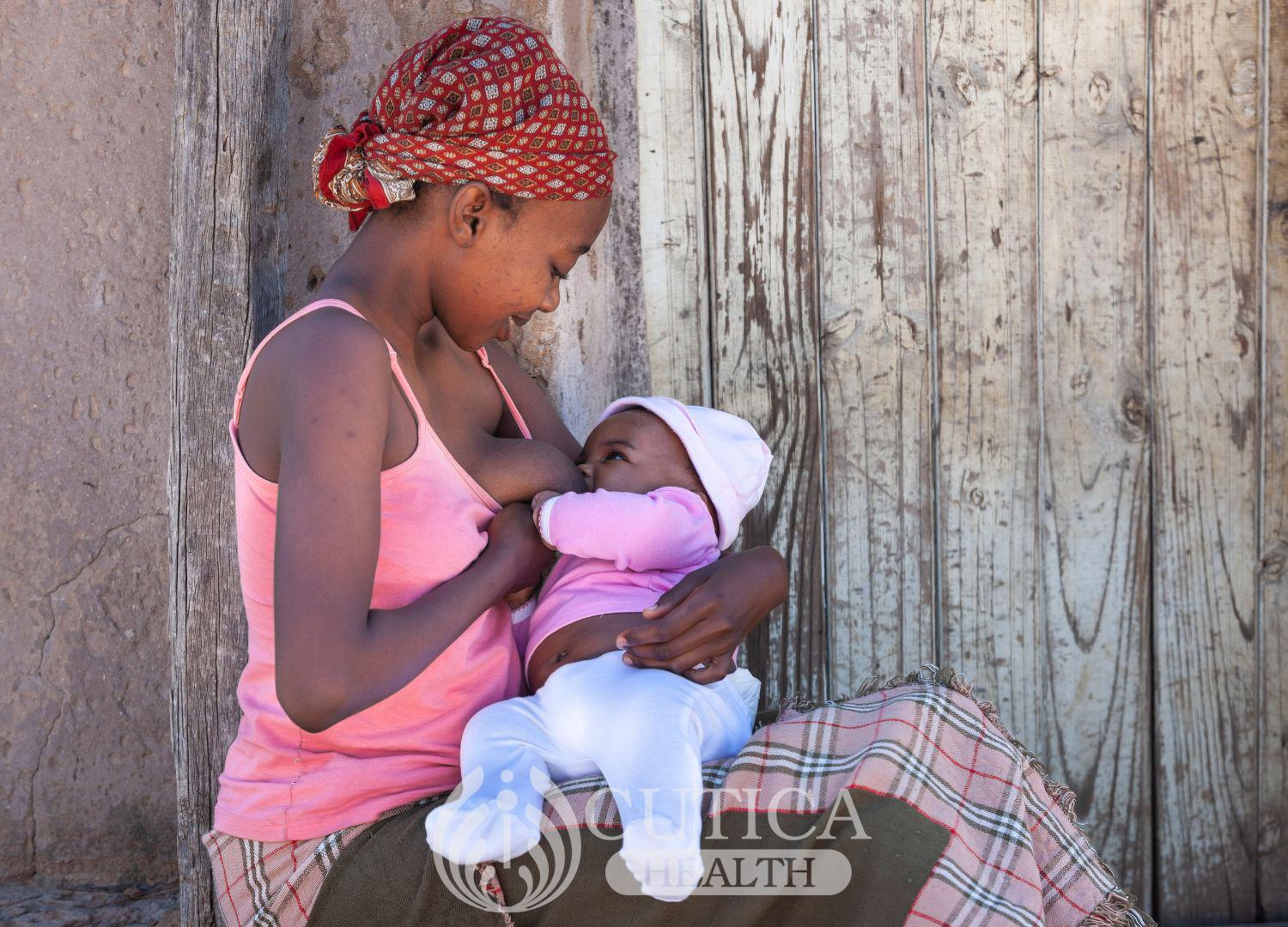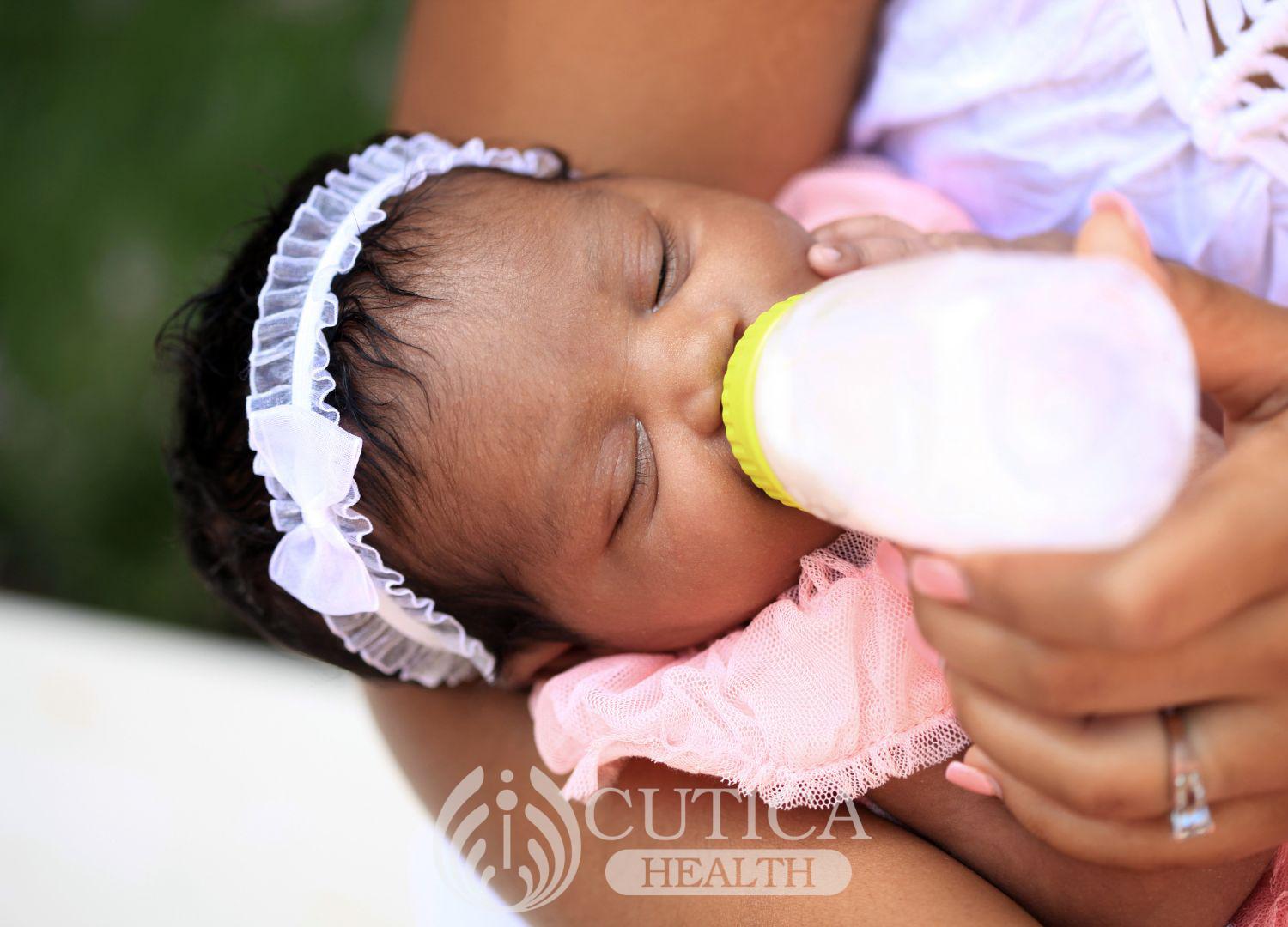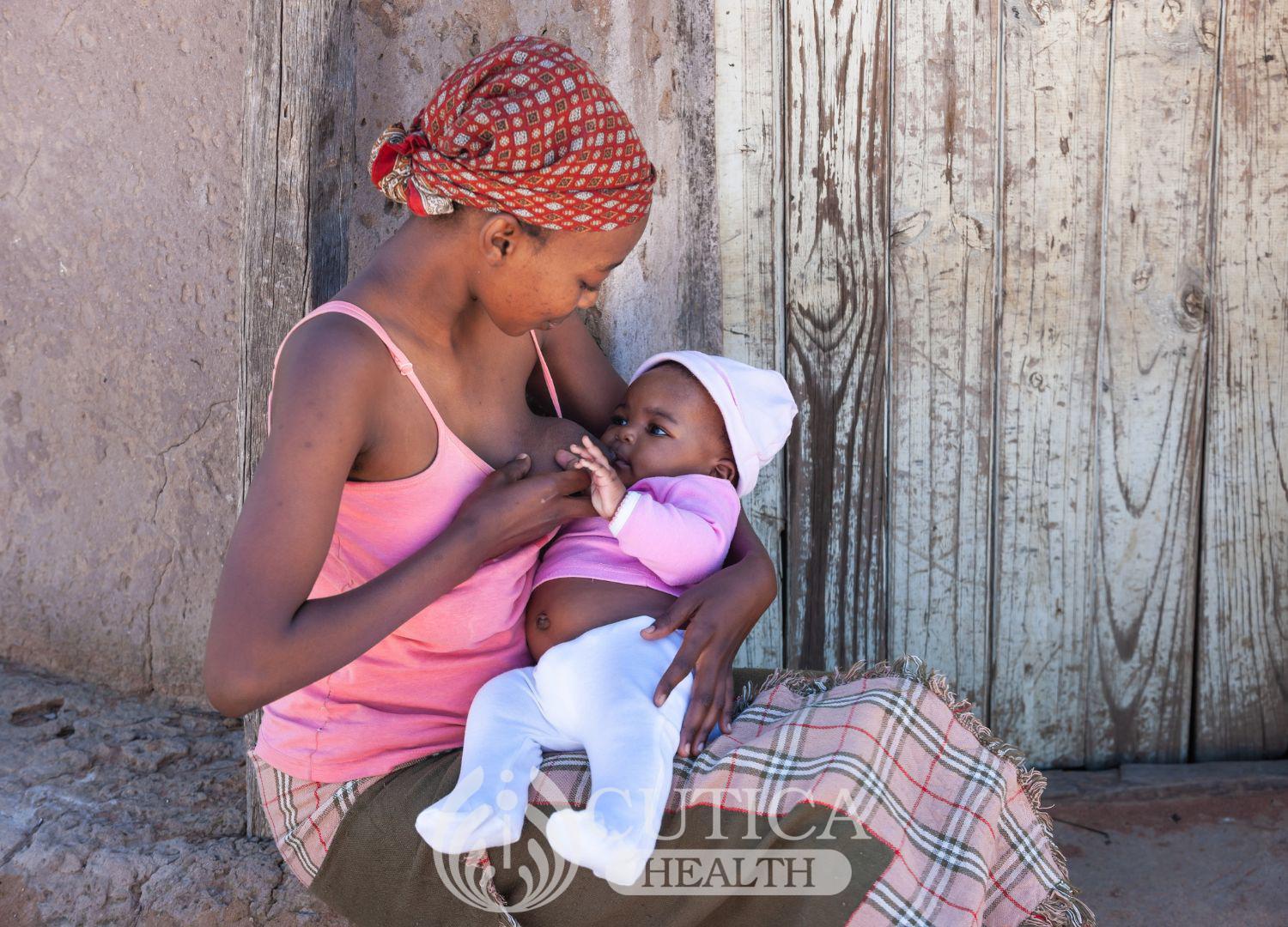
No woman desires to deal with a miscarriage; now recurrent miscarriages could deal a huge blow on a woman’s mental and even physical health. But before you decide to conceive again, these recurrent miscarriages may be a sign of something you may need to address first.
About 15% of pregnancies end in a spontaneous miscarriage, which is defined in medical terms as the loss of a pregnancy before 20 weeks 0o 5 months (In Nigeria, before 28 weeks or 6 months +) of gestation. Most miscarriages, however, occur much earlier in the first three months of pregnancy.
Recurrent miscarriage is defined as having two or more spontaneous pregnancy losses. The chances of a woman having another miscarriage increase with every miscarriage she has; this is why you may need to pause, visit your doctor to investigate these miscarriages before proceeding to conceive again.

Causes of Recurrent Miscarriages
The causes of early pregnancy loss vary; in a woman, there may be multiple factors causing recurrent pregnancy loss but the most common causes include:
Genetic Abnormalities
If a developing embryo has a genetic condition, which results from defects in its chromosomes, it could inhibit the progress of that pregnancy. At least 5 out of 10 miscarriages result from chromosomal abnormalities in the growing fetus.
Although not all of these genetic disorders are detectable in early pregnancy, doctors can perform a Preimplantation Genetic Testing (PGT) to identify genetic problems in an embryo developed artificially through IVF, before implantation.
The standard of care for recurrent pregnancy losses from a suspected genetic cause is genetic counseling. Advanced age of a woman (older than 35 years) increases her risk of having a fetus with genetic disorders s these women may be offered antenatal genetic testing to check for any genetic abnormalities in the embryo before progressing with the pregnancy.
Conditions with the Uterus
For the next 9 months after conception, the growing baby will reside in the uterus and just like adults feel uncomfortable in an unfavorable environment, the fragile fetus also feels uncomfortable and may be lost early if the conditions of the uterus are unfavorable.
Such conditions of the uterus that may lead to miscarriage include fibroids, small growths in the uterus called polyps, defects in the structure of the uterus, and a weak or incompetent cervix. A low amount of progesterone (a hormone that maintains pregnancy) in the uterus can also lead to early pregnancy loss.
An ultrasound scan or a type of X-ray procedure called HSG can identify these structural abnormalities so they can be repaired. Many of these conditions, however, may only be reparable surgically.
Problems with the Immune System
Recurrent pregnancy losses have been associated with problems with the immune system. One such disease is called antiphospholipid antibody syndrome. In this condition, some of the body’s immune components called antiphospholipid antibodies disrupt blood flow in the developing placenta or prevent the developing fetus from implanting properly the pregnancy can no longer be sustained.
Antiphospholipid antibody syndrome is accountable for 10 to 20% of miscarriages and is usually associated with early pregnancy loss in the first three months.
Your doctor can diagnose this condition by testing for these antibodies in your blood. If you’re positive for these antibodies, your pregnancy may still progress successfully with treatment that lower your body’s immune activity.
Environmental Causes
Exposure to certain toxic environmental factors can cause miscarriage. These include tobacco smoke, alcohol, and caffeine
Cigarette smoke, for instance, contains hundreds of toxic substances that reduce blood flow in the placenta and impair oxygen supply to the mother and growing baby. A reduction in blood flow and oxygen supply to the baby may inevitably cause miscarriage. Mind you, it’s not just active smoking that causes these risks, smoking passively (inhaling cigarette smoke from a smoker) can also lead to these problems.
Studies have also shown that consumption of coffee during pregnancy increases the risk of miscarriage in a dose-dependent pattern; that is, the greater the amount of coffee you consume, the higher your risk of a miscarriage.

Infections
Certain infectious diseases have been associated with the risk of miscarriage; these include malaria, HIV, vaginal infections such as Herpes and Chlamydia, and Lyme disease. This is why routine antenatal checks are crucial to test for these conditions and treat them appropriately.
Recurrent miscarriage takes a huge toll on a woman’s mental and physical health but many of these causative factors can be resolved. Speak with one of our obstetric experts to get started.

Conclusion
If you have had a miscarriage, its always best to visit your gynecologist for a proper evaluation to prevent a recurrence. A miscarriage can be a sad experience, but early detection and evaluation helps to prevent a recurrence. Seek help today!












